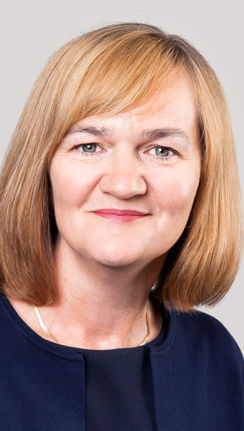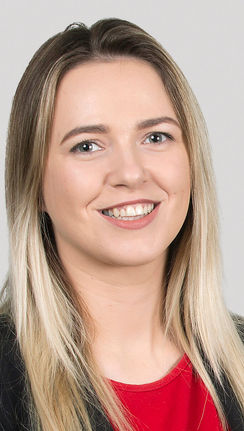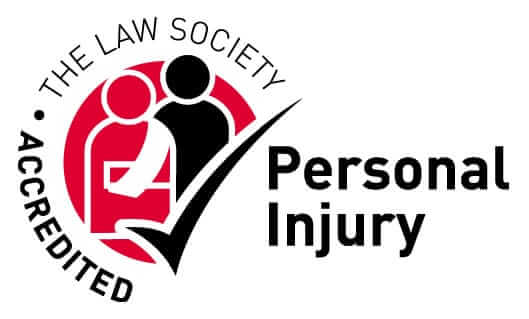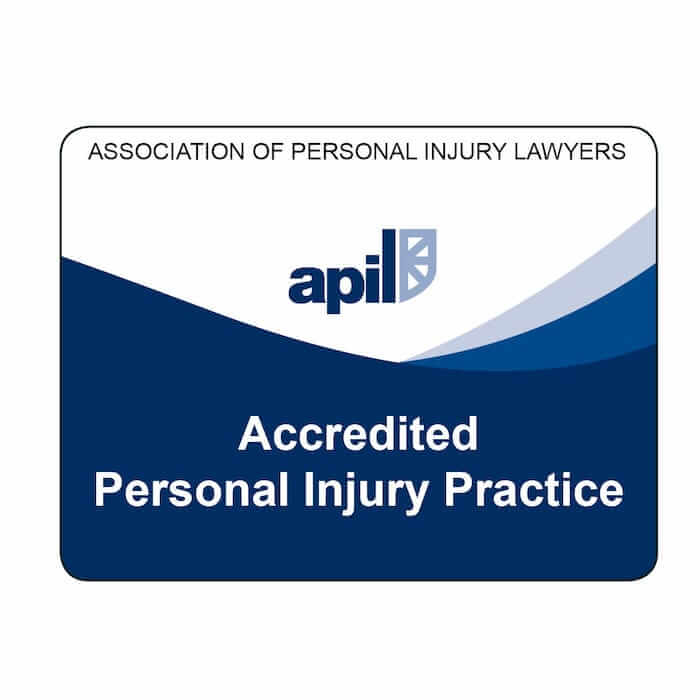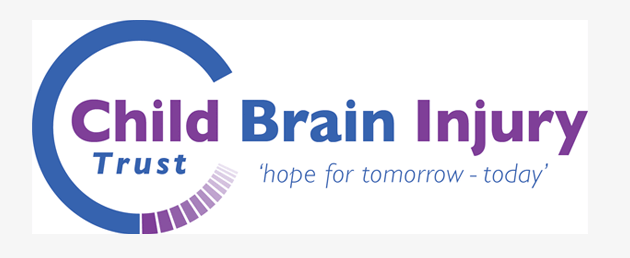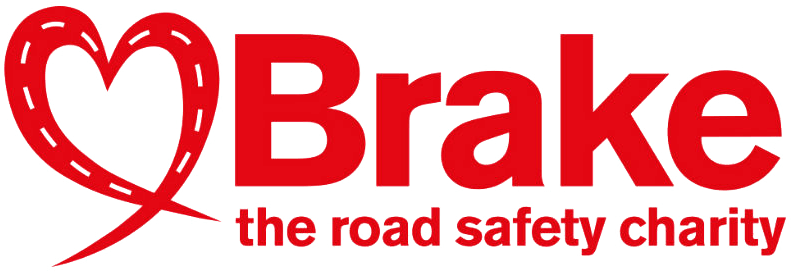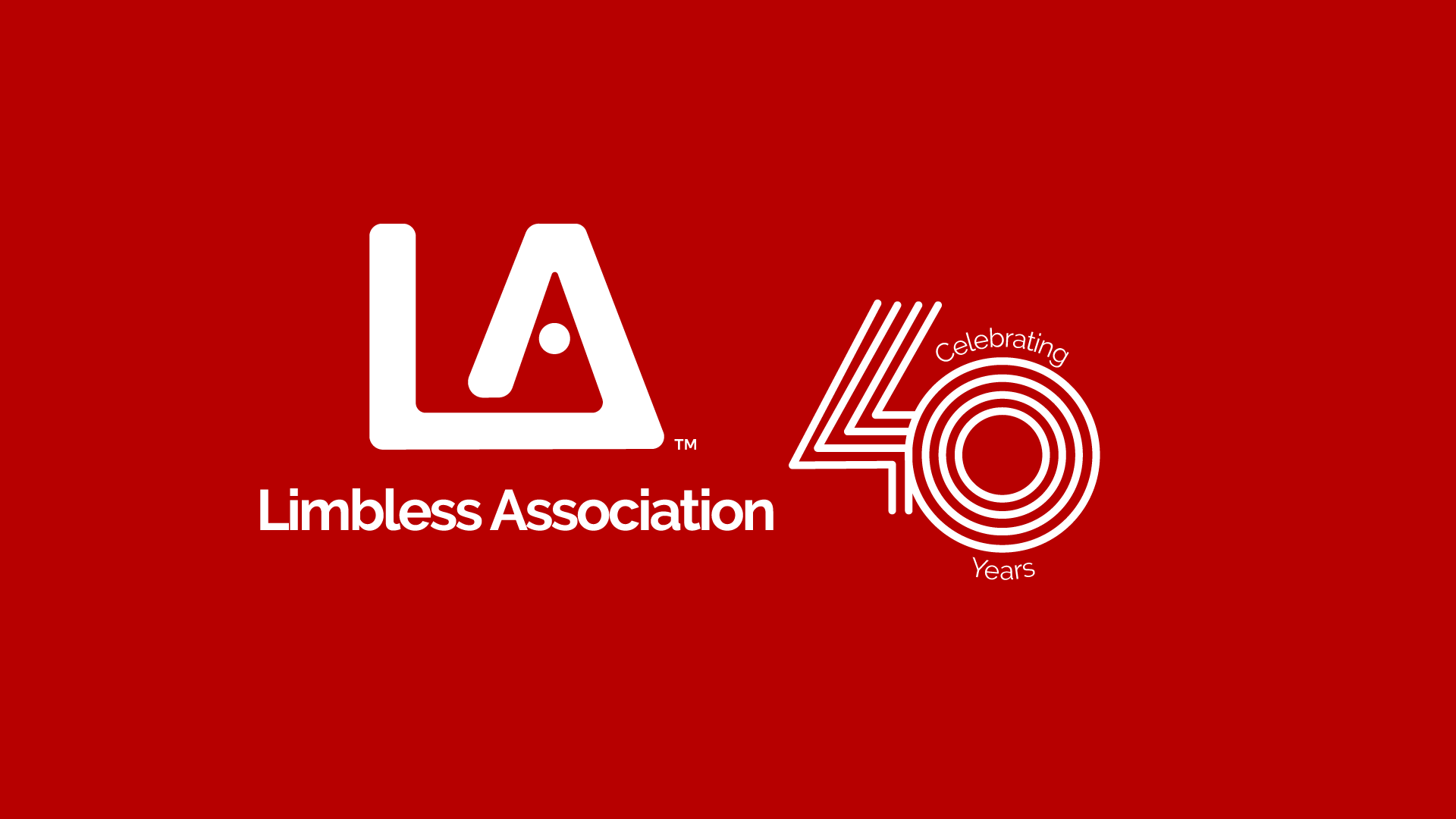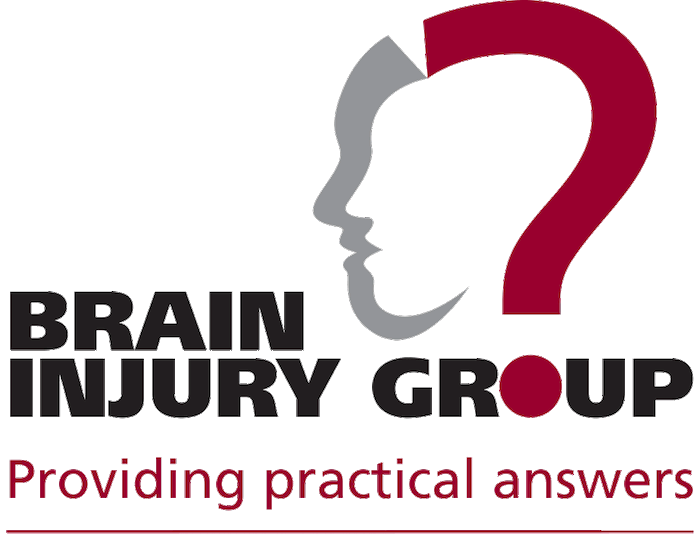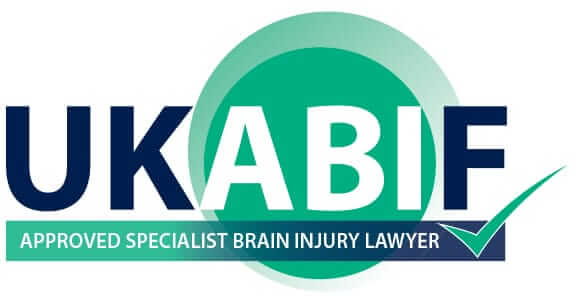 Personal Injury
Personal Injury Fatal Accident Claims
At Hodge Jones & Allen we understand that the time following a loved one’s fatal accident or injury can be a hugely distressing time for your family. That’s why we look to make the process of claiming compensation easier, taking away some of the stress of dealing with the tragic loss of a loved one.
If your loved one has been involved in an accident which has resulted in their death this will be a devastating time for you and your family.
A death in the family is always a tragedy but a death at someone else’s hand will leave those remaining feeling robbed and angry due to your loved one’s untimely death.
If you believe that a loved one has died due to the result of someone else’s fault then it is important that you seek early advice from your specialist fatal accident claims solicitor. They will talk you through the whole process to include what needs to be proved to be successful and what areas of compensation may be available. None of that will of course replace your loved one which is something that your specialist fatal accident claims solicitor will understand.
Call our specialist fatal accident claims solicitor today on 0330 822 3451 or request a call back.
At this extremely difficult time you will be trying to come to terms with the tragic loss of your family member but also having to deal with the immediate aftermath, not only arranging a funeral but wondering how life can ever move forward without your loved one’s their support.
The law in this area has developed in a way, hat on first glance, may appear to be very cold, your specialist fatal accident claims solicitor will support you and explain everything to you.
The current law can be summarised by looking at two different Acts of Parliament which give rise to compensation for those who are left behind after the loss of a loved one in a fatal accident.
These laws give rise to two claims. The first is a claim on behalf of the Estate (the Estate of the deceased person) and the second is a claim on behalf of the dependants of the deceased.

“A very impressive claimant Personal Injury practice. From my experience of them, the team are very experienced, knowledgeable and highly professional.” “Excellent understanding of a claimant’s needs when running a case. Good strength in depth.” – Legal 500, 2025
 Our Personal Injury team has been ranked in the Chambers & Partners 2025 legal directory. The team was praised for being “knowledgeable, experienced and responsive to queries.”
Our Personal Injury team has been ranked in the Chambers & Partners 2025 legal directory. The team was praised for being “knowledgeable, experienced and responsive to queries.”
we can help.
0330 822 3451First : The Claim on behalf of the Loved One’s Estate
In order to pursue a fatal accident claim on behalf of the loved one’s Estate it is important that Letters of Administration are obtained as soon as possible. These are explained a little further below:
Under the Law Reform (Miscellaneous Provisions) Act 1934, there are three areas that can be claimed for: essentially these are for claims that the deceased may have had themselves before death which are transferred to the Estate on death
There are two potential claims
- Pain suffering and loss of amenity.
- Funeral expenses.
1. Pain suffering and loss of amenity. If there is a time period, between the incident which ultimately lead to the death and your loved one, and they were in pain, this can be claimed for. If the death of your loved one was instantaneous it is unlikely that any sums will be recovered. If there were other losses between the date of the incident and date of death such as earnings, aids and equipment, these can also be included but for specific guidance speak to your specialist personal injury solicitor.
2. Funeral expenses. This could include the costs of any memorial service, wake, headstone, probate. Again speak your specialist personal injury solicitor. They will guide you on this depending on the law when you make a claim.
Letters of Administration
In order to pursue a fatal accident claim on behalf of the loved one’s Estate it is important that Letters of Administration are obtained as soon as possible.
Letters of Administration are official documents that grant an individual permission to access and manage an Estate after someone dies.
Sometimes you will hear the expression “Grant of Probate” that is when someone who dies has left a will and named an executor in it. Letters of Administration are usually issued to the next of kin, when no will has been made. The person who obtains the Letters of Administration is called the Administrator and if female and Administratrix.
Second: The Claim on behalf of the Dependants
This is a claim which is brought under the Fatal Accidents Act 1976 and dependants of the deceased can make this claim.
There are three potential claims
- Funeral Expenses
- Bereavement damages
- Dependency of Loss of Income and services dependency
1. Funeral expenses
The recoverability of these will be in line with the claim that can be made for this loss under the Estate but it cannot be claimed twice.
Funeral expenses. This could include the costs of any memorial service, wake, headstone, probate. Again your specialist personal injury solicitor. Will guide you on this depending on the law when you make a claim.
2. Bereavement damages
The law is constantly changing so always check with your specialist personal inquiry solicitor. Currently this is set by parliament at £15,120.
Who can claim Bereavement Damages?
Currently the bereavement award is only payable to the spouse or civil partners or parent of an unmarried child under 18. Unmarried couples who have lived together for at least two years are also able to receive this award.
Only one award is made and it is divided between all those who are eligible. Again your specialist personal injury solicitor can guide you on this.
3. Dependency of Loss of Income and services dependency
Any dependant of the deceased’s loved one can make a claim for dependency if they fit the definition of a dependant and can prove that they were in some way dependent on the deceased loved one either financially or the deceased provided services to them.
This claim takes into account the loss of income of the deceased, loss of pension provision, employment benefits to include any bonuses and healthcare benefits and loss of contribution to the family which would include household activities, DIY, cleaning, gardening, property maintenance etc.
The deceased in the may also have provided services to their parents or their partner’s parents and they too will have lost the services of someone they were dependent on and they too may have a claim as well.
Who is a dependent?
It is always worth checking whether you are a dependant. It is essential you speak with your specialist personal injury solicitor as the law in this area is constantly changing.
- The husband or wife of the deceased.
- An ex-husband or ex-wife of the deceased.
- A civil partner or former civil partner of the deceased.
- A person who was living with the deceased as if they were husband or wife for at least two years prior to the death.
- A child or grandchild of the deceased (including step-children and step-grandchildren).
- A person who while not a biological child of the deceased, was treated as a child of the deceased’s marriage.
- A parent or grandparent of the deceased.
- A person treated by the deceased as a person.
- A sibling (including half-siblings), aunt, uncle, nephew, niece or cousin of the deceased.
"HJA and Leticia Williams handled my claim efficiently, with sympathy and with regard to my wishes. I am very grateful for the settlement achieved"
Gathering Evidence: Fault
An important aspect of securing compensation for the loss of your loved one is establishing that someone else was at fault for the accident or incident that caused their untimely death.
If you believe that someone else was responsible for your loved one’s death then it is important to gather as much information as possible from the outset.
Your loved one could have died as a result of the following:
- An accident on the road; be that as a driver, passenger, pedestrian, bike rider, motorcyclist.
- At work.
- In a public place possibly by falling and hitting their head (or tripping and hitting their head).
- In a store again possibly falling and hitting their head.
If you are not sure then speak to one of our specialist personal injury solicitors who can help you identify whether there is potential for bringing a successful claim.
Your specialist personal injury solicitor can then assist you in gathering the evidence that is needed.
Emergency Services Records
If the Police were called to the scene or the Fire Brigade it is important to get their details as well as details of the any Ambulance Service personnel, along with details of the hospital to which your loved one was taken.
HSE
On occasion the Health and Safety Executive (HSE) will carry out investigations into the death and prepare a report. These can often be extremely timely as they are very thorough and detailed reports.
Coroner
It is also possible that there will be a coroner’s investigation and an inquest. A death will be reported to the coroner in your area if the cause of death was sudden, violent or unnatural.
There are some common misconceptions about the Coroner’s Court, which are not helped by its name. It’s not a court as such and the coroner does not give a guilty or not guilty verdict.
The procedure can seem impersonal at times but the purpose of the coroner’s court is investigatory. To fact find about what happened and not apportion blame.
It is important if you wish to pursue a claim on behalf of your loved one that you speak to solicitors so that they can guide you through the coroner’s process. This is not only because you will need their support to navigate an unfamiliar path, but also because, the Coroner’s investigation provides a lot of very useful information which can help in determining liability in the civil case you may wish to bring.
Gathering Evidence: Value
For both types of claim it’s important that documentary and witness evidence be obtained.
The Claim on behalf of the Loved One’s Estate – Evidence
Supporting potential claims for:
- Pain, suffering and loss of amenity.
- Funeral expenses.
Pain, suffering and loss of amenity
In order to support the claim for any pain, suffering and loss of amenity your specialist personal injury solicitor will talk to you about whether there was a post-mortem report and obtain this which will give some insight into whether death was instantaneous. Hospital records will also be a Greta assistance as well.
As to any past losses such as loss of earnings before death your specialist personal injury solicitor will speak to you with respect to your deceased’s earnings and seek your approval to collate this documentation from his or her employers. If your loved one was self-employed then they will with your permission contact HMRC and your bank to get information relating to this.
Funeral expenses
Your specialist personal injury solicitor will need receipts relating to the funeral expenses and other associated funeral expenses.
The Claim on behalf of the Dependants – Evidence
- Funeral Expenses
- Bereavement damages
- Dependency of Loss of Income and services dependency
Funeral Expenses – Proof
Your specialist personal injury solicitor will need receipts relating to the funeral expenses and other associated funeral expenses.
Bereavement Award – Proof
Your specialist personal injury solicitor will need evidence to prove that you and others do qualify for a bereavement award such as birth certificate/ marriage/ civil partnership certificates.
As to whether you are a dependant of the deceased this evidence will need to be provided by you and others who knew the nature of your relationship by giving signed statements.
Dependency of Loss of Income and services dependency – Proof
You will need to show you are a dependant of the deceased this evidence will need to be provided by you and others who knew the nature of your relationship by giving signed statements.
Earnings information will be key to proving the loss of any financial dependency (earnings of the deceased and any earnings of the surviving spouse).
Non-financial dependency claims
This is a loss of a person who provides services other than income so for example gardening, DIY, housework, looking after children, looking after elder relatives. The list is not exhaustive and it is important that you speak to a specialist personal injury solicitor who can identify all that can be included within the claim.
This is undoubtedly the most high value part of any Fatal Claim ( loss of income and services dependency) and it is essential that the evidence is collected properly by your specialist personal injury solicitor.
“I HAVE THE UTMOST RESPECT AND TRUST IN OUR REPRESENTATIVES AND THERE HAS BEEN CONSISTENCY IN COMMUNICATION. I WOULD HIGHLY RECOMMEND HODGE JONES & ALLEN."
How is the Loss of financial Dependency Calculated?
There are a number of ways that this can be done. However the primary purpose of the claim for financial dependency is to ensure the deceased’s family have a sum of money which if handled properly will be enough to give them the same standard of living they would have had had their loved one not suffered a fatal accident.
The court will try to ensure that the dependants will not be worse off due to the death of their loved one.
The following is a test which is often applied.
Step 1
Calculate the income of the deceased. Deduct what they would have spent on themselves, usually 33%.
Then the figure that is left is the amount that would have been available for joint family use. This is often known as the multiplicand.
Step 2
We take the figure obtained in step 1 and multiply it by the estimated number of years that the dependants would have been financially dependent on the deceased. This number of years or multiplier reflects many factors such as the deceased’s profession, their age at death and expected retirement age.
Step 3
Then reasonable adjustments are made to either the figure obtained in step 1 or step 2 depending upon the family’s circumstances.
Adjustments will be made if both partners were working.
Adjustments will also be made and a separate calculation will be made for things such as loss of services where the family were dependent on the deceased to give childcare, housekeeping or DIY.
Dependency claims are the largest part of the compensation in a fatal accident claim and it can be very complicated so it is always important to instruct a specialist personal injury solicitor so that you can get the most compensation and it can be accurately calculated.
Take a look at our personal injury compensation calculator to see how much your claim could be worth.
Time Limits
There is a three year time limit to submit a Fatal Accident claim to court, which is three years from the date of the accident. It is important that you do check with your serious personal injury solicitor.
There can be exceptions to this.
1. With respect to children the three year time limit only starts to run once they turn 18 and therefore they have until they are 21 to start a claim but in a Fatal Accident claim the dependency Claim must be brought by all the dependants at the same time. It’s essential that this is borne in mind when instructing your serious personal injury solicitor and that you instruct them as soon as possible. If you miss the time limit then you won’t be able to bring a claim.
2. If the death of your loved one did not happen instantaneously, but that person dies within 3 years of the accident (the death has to be because of the injuries they sustained in the accident) then you / your family members have 3 years from the date of death to bring a claim. But you should always bring a claim (after taking specialist advice) as soon as possible. If the injured loved one dies more than 3 years after their accident and at that time has not started court proceedings, you/ your family members will not be allowed to make a claim.
3. Variations do exist in limited circumstances to the time limit. For example, if the death of your loved one happened on a ship or aeroplane, the time limit would be 2 years from the date of the accident.
Who can bring a fatal accident claim?
There are 2 types of statutory claims under the following:
Law Reform (Miscellaneous Provisions)Act 1974
This is a claim brought on behalf of the Estate. The claim would usually be brought by the executor or administrator of the deceased’s Estate.
The Fatal Accidents Act 1976
This is made by Dependants of the deceased. This may include the wife/husband/civil partner of the deceased, the former wife/husband/civil partner of the deceased, a parent of the deceased, any person who was treated by the deceased as his parent, a child or any other descendant of the deceased. It can also include any person who is or is the issue of a brother, sister, uncle or aunt of the deceased.
Can I claim funeral expenses?
There is a possibility to claim for funeral expenses but each case is considered on its individual circumstances.
Items that can usually be claimed for include General Damages (pain suffering and loss of amenity) and Special Damages which may include loss of earnings, medical expenses and potential care claims. Both Acts allow for the recovery of funeral expenses.
Fatal accident compensation amounts – how much can I expect?
Each case is assessed on its own merits and it depends on the circumstances of the death. The Estate of the deceased could claim for any suffering caused by the injuries prior to the death.
If the death was instant the award would be considerably less than someone who suffered a significant injury for a period of time and then passed away. The award for General Damages (pain suffering and loss of amenity) in many cases will be a very modest award. The Judicial College Guidelines can provide some guidance in relation to the type of injury.
Depending on who the deceased was there may be a potential dependency claim to include earnings and income and potential pension loss.
There is a Bereavement Award that can be claimed by certain individuals such as a wife, husband, civil partner and parents where the deceased was a minor. The award can be £15,120.00. If two parents claim this award the amount would be split between them.
For an estimate of how much you could claim for your injury, please see our personal injury compensation calculator.






